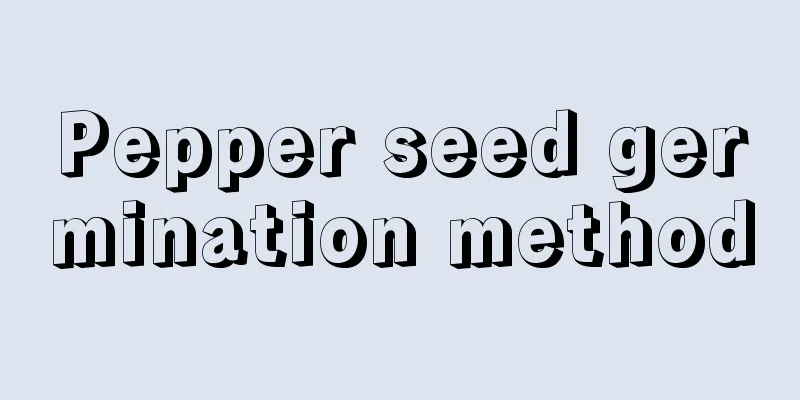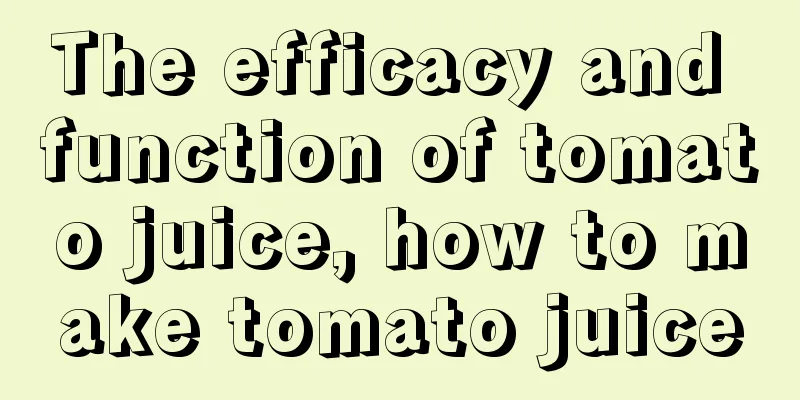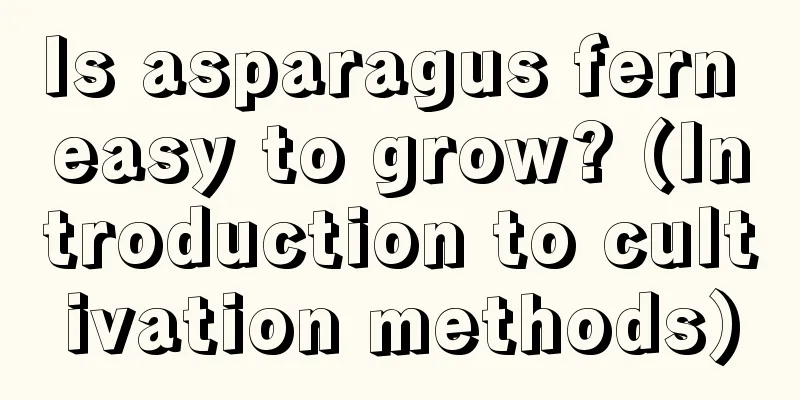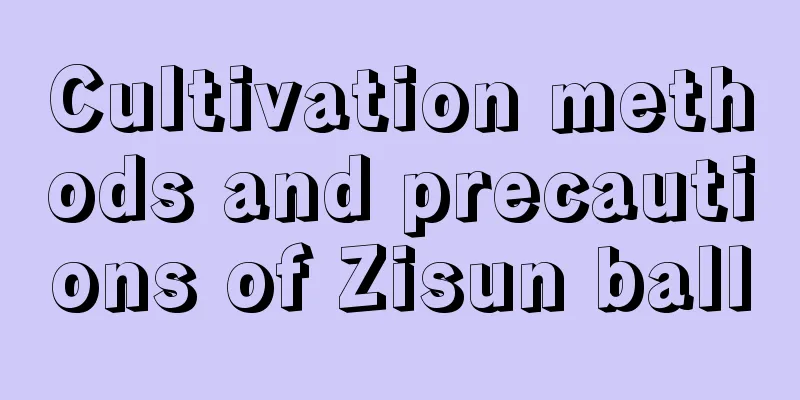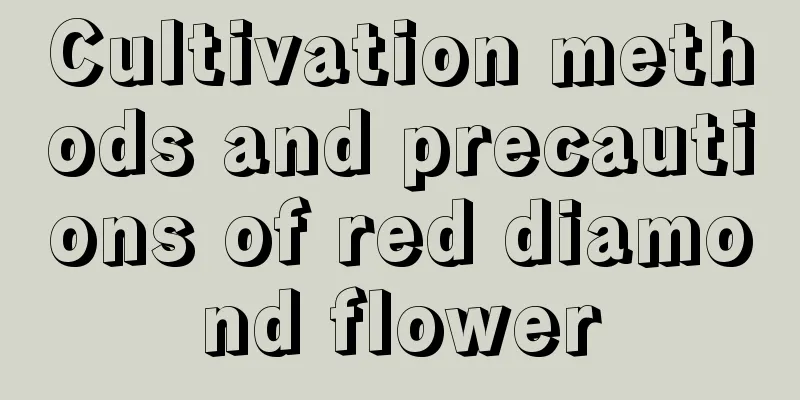Which fertilizer is better for leafy vegetables?
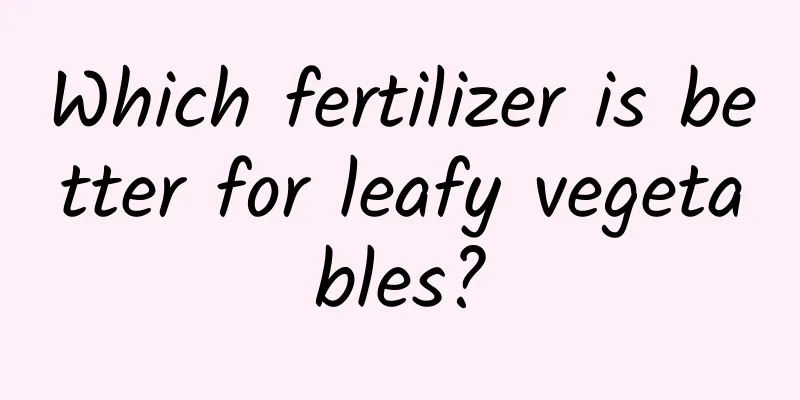
|
There are various types of vegetables, so the fertilizers they need are also different. For example, leafy vegetables mainly use nitrogen fertilizer. Because these vegetables are planted in highly dense groups and have shallow root distribution, they are urgent and sensitive to soil nutrients. Once nutrients are insufficient, the leaves grow slowly and turn yellow. Therefore, the main method of fertilization is topdressing. Fertilizer for leafy vegetablesFertilization should be based on organic fertilizer, with emphasis on base fertilizer and reasonable topdressing, and the use of nitrogen fertilizer should be controlled. The use of special fertilizers and biological fertilizers is encouraged, and the use of nitrate nitrogen fertilizers is prohibited. Soil testing and formulation should be carried out to maintain soil fertility balance. 1. Fertilization for vegetables Different varieties of vegetables absorb nitrate to different degrees. Leafy vegetables accumulate nitrate less, so the application of nitrate nitrogen should be stopped 20 to 30 days before harvest. Cabbage, lettuce, etc. accumulate less nitrate, so a small amount can be applied. Cabbage, amaranth, spinach, etc. are easy to accumulate nitrate, and the application of nitrate nitrogen is strictly prohibited. 2. Apply less nitrogen to spring and winter vegetables In spring and winter, vegetables receive relatively weak light and easily accumulate nitrates. Therefore, no or little nitrogen fertilizer should be applied. Nitrogen fertilizer is prohibited in high-fertilizer vegetable fields. In low-fertilizer vegetable fields, vegetables accumulate less nitrates, so nitrogen fertilizer and organic fertilizer can be applied to improve soil fertility. In soil rich in humus, the nitrate content of vegetables is high, so do not use nitrogen fertilizer. 3. No nitrate fertilizer Ammonium nitrate, potassium nitrate, calcium nitrate and compound fertilizers containing nitrate nitrogen can easily cause vegetables to accumulate nitrates, and are basically not suitable for use in vegetable fields. Urea, ammonium bicarbonate, ammonium bisulfate, and acyl ammonium nitrogen should be used in moderation, and must be applied deeply and covered with soil when used. 4. Apply fertilizer deeply and cover the soil When applying fertilizer, apply it about 15 cm to 18 cm deep into the soil. This will slow down the nitrification process, increase the utilization rate of fertilizer, and reduce the accumulation of nitrates in vegetables. Pepper fertilization methodThe topdressing of leafy vegetables is mainly nitrogen fertilizer, but in the peak growth period, phosphorus and potassium fertilizers should be added at the same time. For example, in the cultivation of Chinese cabbage, two fertilizations at the beginning of the rosette stage and before the heart is the key to high yield. Although the application of nitrogen fertilizer to leafy vegetables will make the vegetables grow better and have a high yield, it is important to pay attention to the method of nitrogen fertilizer application. |
<<: Frangipani cultivation methods and precautions
>>: Does Yunnan purple bougainvillea bloom frequently?
Recommend
She picked up the flowers you threw away and brought them home, and they bloomed in a few months.
Saving Cyclamen It is true that cyclamen likes wa...
How long does it take for the red spider lily to bloom after sowing? How to sow the red spider lily seeds
1. How long does it take to bloom? It usually tak...
Does Christmas cactus need sunlight? (Master these few tricks to meet the lighting requirements for Christmas cactus flowering)
Except when the temperature exceeds 32 degrees Ce...
What are the cultivation methods and precautions for soil cultured hyacinths?
Soil culture hyacinth cultivation method Hyacinth...
What are the legends and meanings of daffodils?
1. The language and meaning of daffodils 1. Flowe...
How to grow small-leaved red nanmu indoors
Small- leaved red macaw , also known as wheel-lea...
Pest and disease control of Magnolia officinalis
Diseases of Magnolia officinalis Once the Magnoli...
Which month is suitable for planting fragrant lilies?
When to plant perfume lily Fragrant lilies can be...
The difference between whale flower and lipstick flower
1. Leaf Difference The leaves of whale flower are...
Can orchid leaves be propagated by cuttings? How to propagate orchids by cuttings?
1. Can orchid leaves be propagated by cuttings? O...
What are the legends and meanings of the flower of Aquilegia columbine?
1. Flower language and meaning 1. Victory: Aquile...
What to do if the leaves of the Dance of Elegance fall off
Reasons for leaf drop Sun exposure The Dancing Pl...
How many years does it take for egg fruit to bear fruit?
Introduction to planting egg fruit The egg fruit ...
What flowers are best to give to your girlfriend?
1. Red Rose Since ancient times, red roses have b...
How much is a pound of mangosteen
1. Price The price of mangosteen varies depending...


